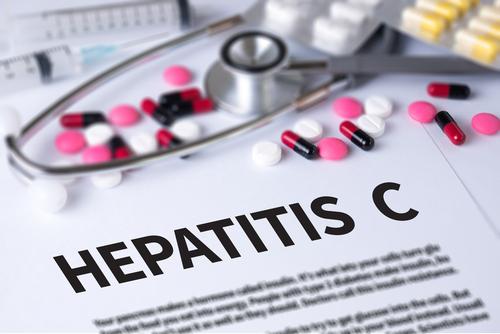
In chronic hepatitis C (CHC) patients, achieving sustained virological response (SVR) after therapy with pegylated interferon with ribavirin (PR) does not reduce the risk of systemic lupus erythematosus (SLE) or rheumatoid arthritis (RA), a recent study has shown.
Accessing the Taiwan National Health Insurance Research Database, researchers enrolled 12,770 CHC patients (mean age, 54.6±11.4 years; 46.6 percent male) undergoing PR therapy. Over a mean follow-up of 5.3±2.9 years, the annual incidence rate of SLE or RA was found to be 0.03 percent.
Twenty-four weeks after PR therapy, the SVR rate was 76.2 percent. Those who achieved SVR were significantly younger than those who did not, and they exhibited lower body mass index and hepatitis C virus RNA levels in the blood. Similarly, death before developing an autoimmune disease was rarer in the SBR group (3.43 percent vs 10.48 percent; p=0.013).
The researchers found no significant difference in the annual incidence of SLE between the SVR and non-SVR groups (0.006 percent vs 0.013 percent; p=0.343), nor were there any discrepancies in terms of RA (0.023 percent vs 0.026 percent; p=1.00). Notably, taking both outcomes together likewise did not yield a significant between-group difference (SLE or RA: 0.03 percent vs 0.04 percent; p=0.799).
These appeared to be also true in the long-term, with 10-year estimates of SLE or RA remaining comparable in the SVR and non-SVR groups (0.34 percent vs 0.71 percent; p=0.580).
Multivariate Cox proportional hazards analysis confirmed that SVR was not a significant risk factor for SLE or RA (hazard ratio, 1.32, 95 percent confidence interval, 0.50–3.51; p=0.580).